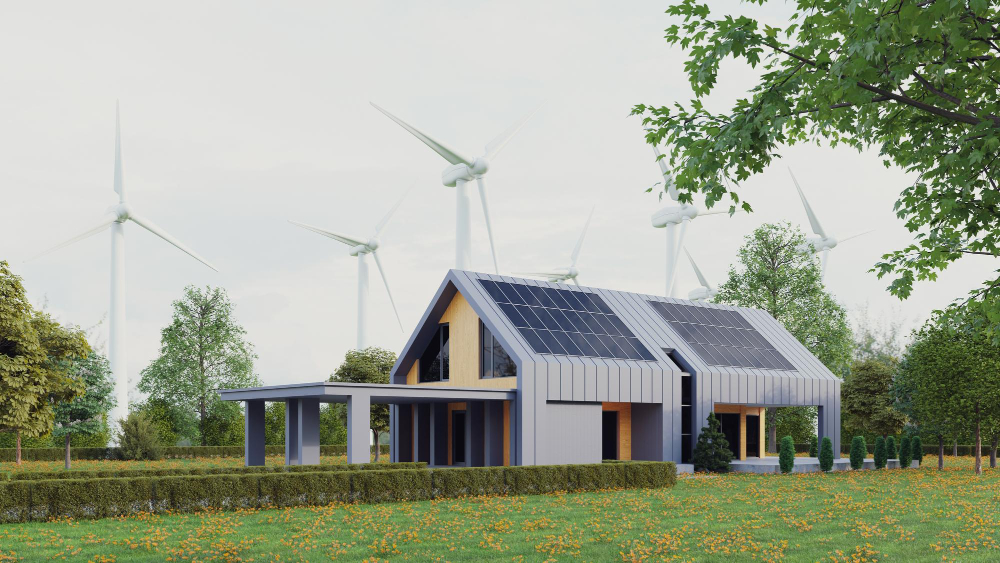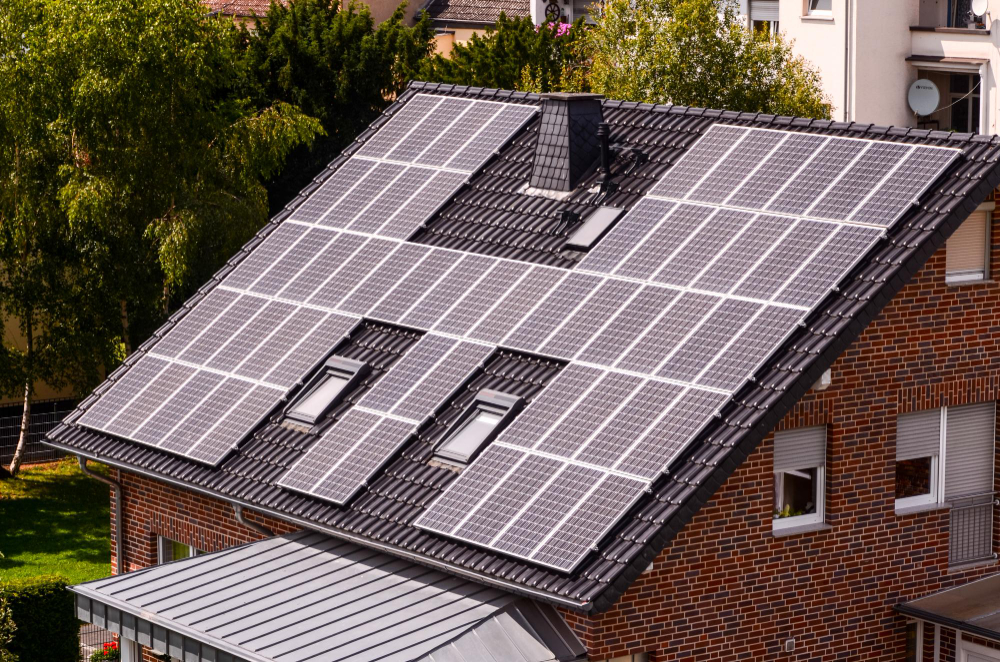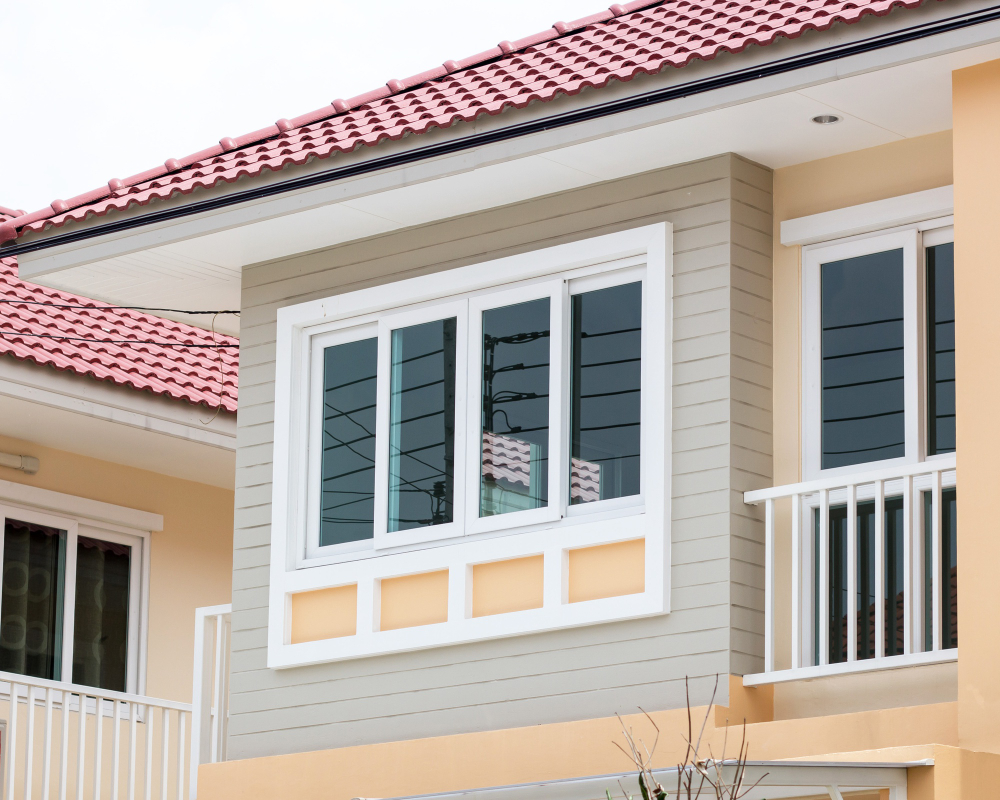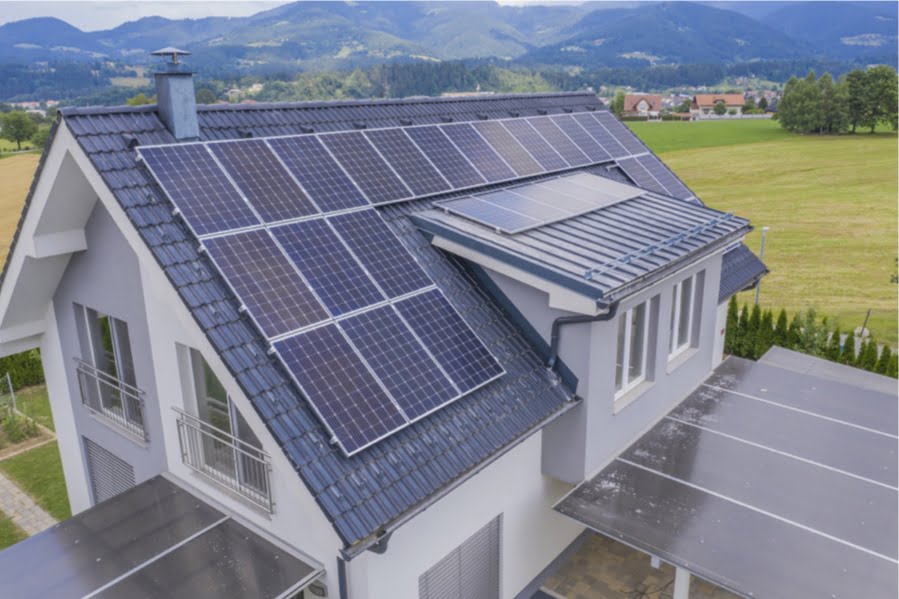Last updated on
Individuals now are increasingly seeking sustainable and eco-friendly solutions in various aspects of their lives. One critical area where this shift is evident is in home heating systems.
Traditional heating methods, often reliant on fossil fuels, contribute significantly to environmental degradation. This article explores the reasons behind the growing interest in eco-friendly heating systems and discusses the practical considerations in choosing one for your home.
The Environmental Imperative
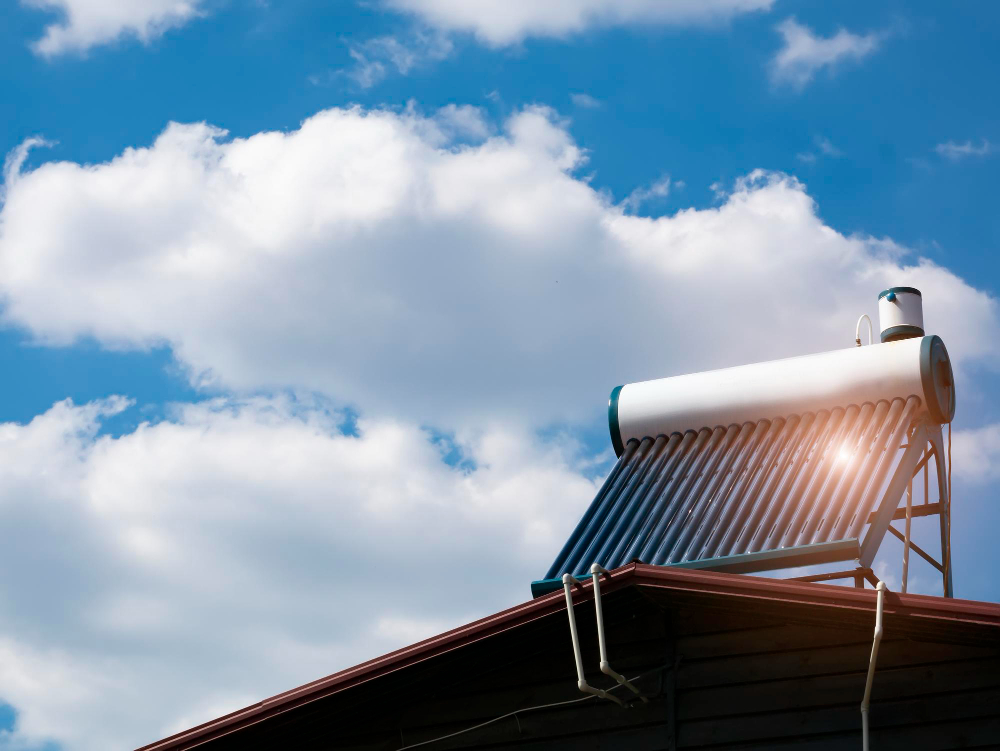
- Reducing Carbon Footprint
Heating your home with traditional methods such as gas or oil can contribute substantially to your carbon footprint. These fuels release carbon dioxide and other pollutants into the atmosphere, exacerbating climate change like traditional gas furnaces. In this case, explore the internet, where you may find an article titled “Gas Smell When Furnace Starts,” which gives you insights into the reasons behind the unusual odor.
However, beyond addressing immediate concerns, it’s crucial to consider long-term solutions for reducing your carbon footprint and making your home more environmentally friendly. Eco-friendly heating systems aim to minimize or eliminate these harmful emissions, making them a crucial choice for environmentally conscious individuals.
- Preserving Natural Resources
The consumption of fossil fuels contributes to habitat destruction and ecosystem degradation. By opting for eco-friendly heating systems, which often rely on renewable energy sources, homeowners can contribute to promoting a more sustainable energy-use approach.
The Benefits of Eco-friendly Heating Systems

- Energy Efficiency
Eco-friendly heating systems are designed with a focus on energy efficiency. Unlike traditional systems that may waste a significant portion of the energy they generate, modern eco-friendly options such as heat pumps, solar panels, and biomass boilers are engineered to maximize efficiency, ensuring that more of the energy produced is effectively used to heat your home.
- Cost Savings
While the initial investment in an eco-friendly heating system may seem higher than that of traditional alternatives, the long-term cost savings are often substantial. Energy-efficient systems consume less power, leading to lower utility bills. Additionally, as governments and organizations increasingly incentivize adopting sustainable technologies, homeowners may benefit from tax credits and rebates, further offsetting the initial costs.
- Independence from Fluctuating Fuel Prices
Traditional heating systems are vulnerable to fluctuations in the prices of fossil fuels. Homeowners can reduce their dependence on these volatile markets by choosing an eco-friendly option. This provides stability in budgeting for energy costs and insulates households from the economic uncertainties associated with fossil fuel prices.
Factors to Consider When Choosing an Eco-friendly Heating System
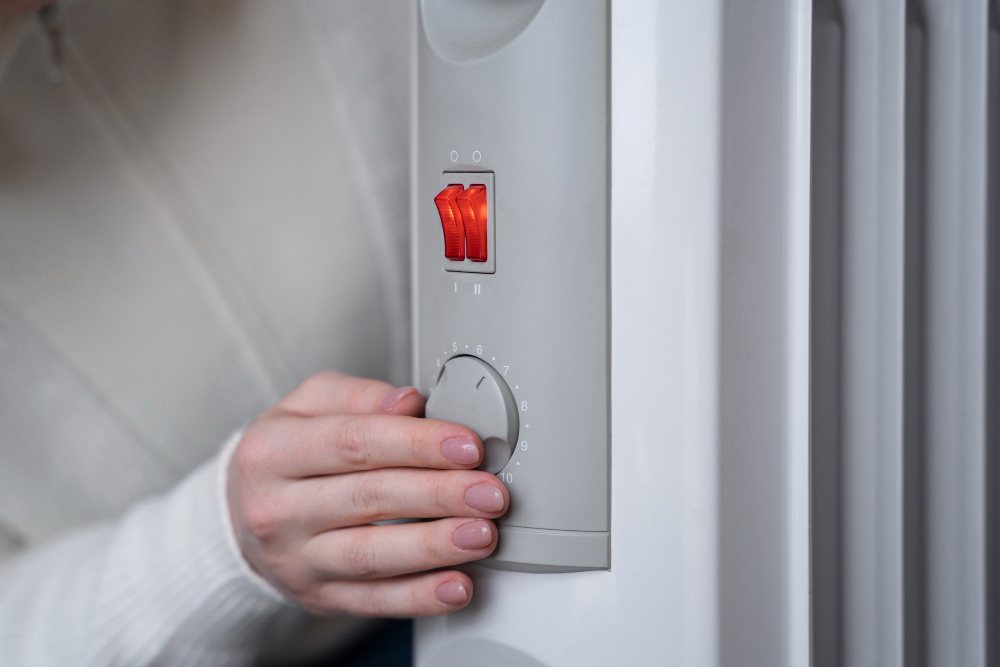
- Energy Source
The primary consideration when selecting an eco-friendly heating system is the energy source. Standard options include solar, wind, geothermal, and biomass. Understanding the availability and feasibility of these sources in your region is crucial. For example, solar panels may be more effective in areas with abundant sunlight, while geothermal systems are suitable in regions with stable ground temperatures.
- System Efficiency
Assessing the efficiency of a heating system is essential for maximizing energy use and minimizing waste. Look for systems with high Seasonal Energy Efficiency Ratio (SEER) ratings. These metrics indicate how efficiently a system operates over an entire season, providing a comprehensive overview of its performance.
- Installation Costs and Payback Period
While eco-friendly heating systems offer long-term cost savings, it’s essential to consider the upfront installation costs. Calculate the payback period by comparing the initial investment with the expected energy savings. This analysis will help you determine the financial feasibility of your chosen system and make an informed decision.
- Maintenance Requirements
Different heating systems have varying maintenance needs. Consider the ongoing maintenance costs and requirements associated with each option. Systems with minimal maintenance requirements save you money in the long run and contribute to the chosen solution’s overall sustainability.
- Local Regulations and Incentives
Investigate local regulations and incentives related to eco-friendly heating systems. Some regions offer tax credits or rebates to encourage the adoption of sustainable technologies. Understanding and taking advantage of these programs can significantly reduce the cost of installing an eco-friendly heating system.
Examples of Eco-friendly Heating Systems
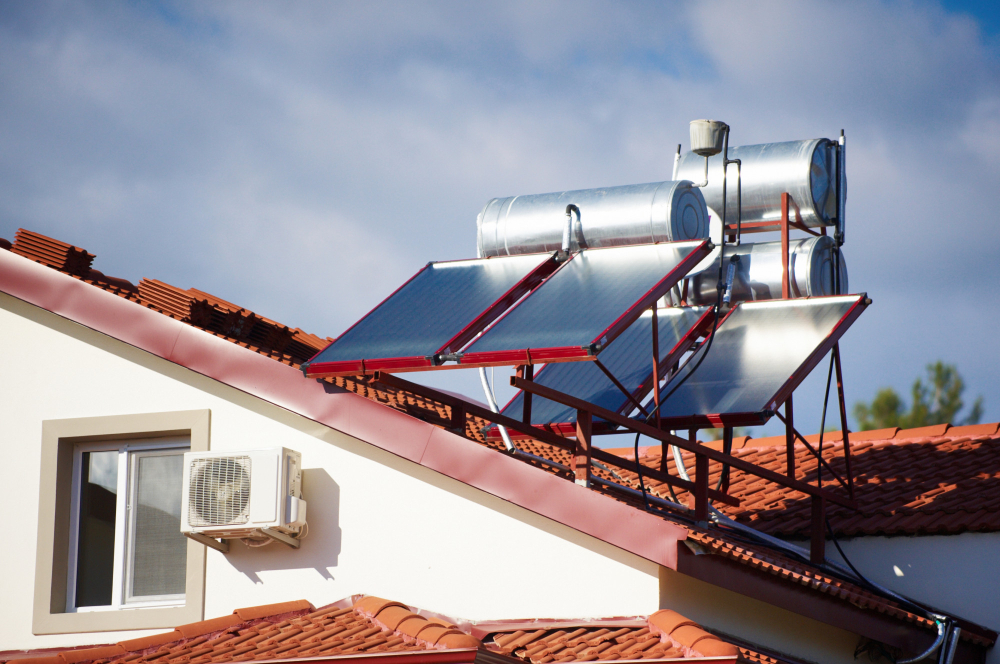
- Solar Heating Systems
Solar heating systems harness the energy from the sun to provide warmth for residential spaces. Solar panels, either photovoltaic (PV) or thermal, capture sunlight and convert it into usable energy. Solar heating systems are particularly effective in sunny regions and can be used for space and water heating.
- Geothermal Heat Pumps
Geothermal heat pumps leverage the Earth’s stable temperature beneath the surface to efficiently heat homes. They transfer heat between the ground and the home, providing a consistent and sustainable energy source. While geothermal systems may have higher upfront costs, they offer excellent long-term efficiency and environmental benefits.
- Biomass Boilers
Biomass boilers are carbon-neutral since the carbon dioxide released during combustion equals the amount absorbed by the plants during their growth. Biomass boilers are a viable option for reducing reliance on fossil fuels.
Choosing an eco-friendly heating system for your home is a significant step toward reducing your environmental impact and embracing a sustainable lifestyle. By considering factors such as energy source, system efficiency, installation costs, maintenance requirements, and local incentives, homeowners can make better decisions that align with their values and contribute to a healthier planet.
As technology advances and the demand for sustainable solutions grows, the options for eco-friendly heating systems will likely continue to expand, providing even more opportunities for individuals to make environmentally conscious choices in their homes.
Related reading:
Table of Contents


